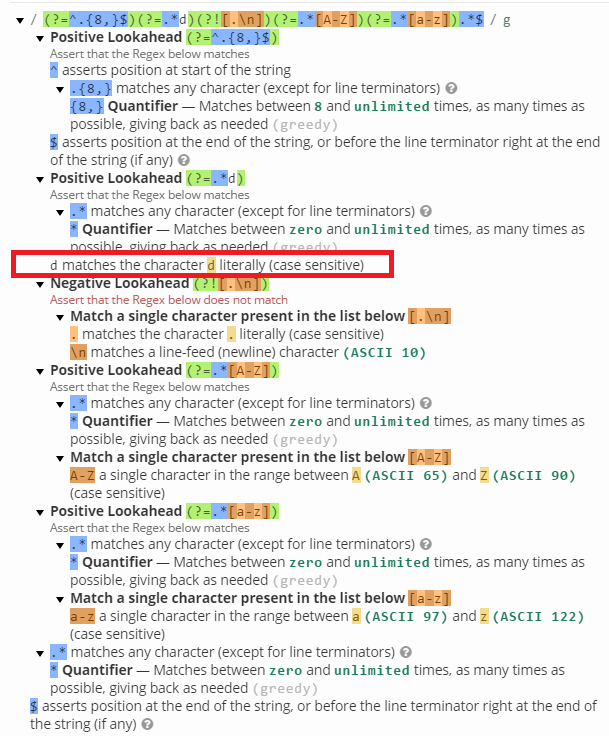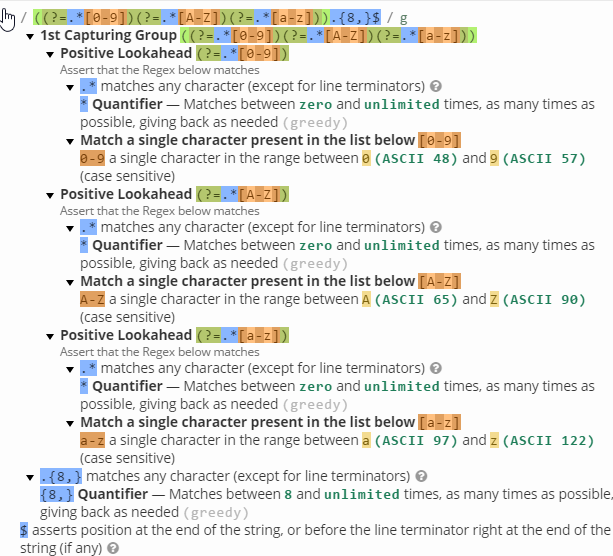I currently work for a very small software company, which is big change for me as this company has 3 orders of magnitude fewer employees than any other company I've worked for before. There are many changes for me, but the one I want to talk about today is how I approach expenses.
In previous jobs, I didn't care about expenses, if the company wanted me to go somewhere I would expect the company to pay the full cost, even if it meant silly money for a train ticket due to being asked to be in London next morning, but in my current job I almost feel that I'm paying for it personally, which means, among other things, that I try to minimize travel or look for cheaper alternatives.
A few weeks ago I had to go from Sheffield to London (~ 170 miles) to see a client for an urgent meeting in the morning with just two days notice, so I had several alternatives:
| Means of Travel | Cost To Company |
|---|---|
| Car to Customer site | £105 |
| Car To North London, then Tube | £100 |
| Train, then Tube | £186 |
Had the meeting been around 13:00 I would've been able to catch an off-peak train so this is what the costs would be:
| Means of Travel | Cost To Company |
|---|---|
| Car to Customer site | £105 |
| Car To North London, then Tube | £100 |
| Train, then Tube | £80 |
It is clear that the train companies use price sensitivity to the full, particularly when it comes to travel to London, but there is a way to fight back and that is to buy the train ticket in tranches, which is what I did:
Including booking fee, the grand total was £107, which is slightly more than drive but has two major advantages:
| Means of Travel | Cost To Company |
|---|---|
| Sheffield To Leicester | £34 |
| Leicester To Market Harbourough | £11.6 |
| Market Harbourough to Luton | £27 |
| Luton to London St Pancras | £27.5 |
| Tube | £5.6 |
Including booking fee, the grand total was £107, which is slightly more than drive but has two major advantages:
- Arrival Time is significantly less dependent on external factors (namely traffic)
- I can work on the train.
It's only fair to point out that some of these are day returns so it wouldn't work for all instances and also that booking tickets in advance can result in pretty reasonable prices too.
I made a point about travel to London, I think other cities like Leeds, Manchester and Birmingham also have peak time fares but the premium is not anywhere near as much as to London.
Finally, it would probably be trivial to optimize the cost of the tickets by using the available API or even national rail's website itself, given it's query friendly url format, not tried it though


